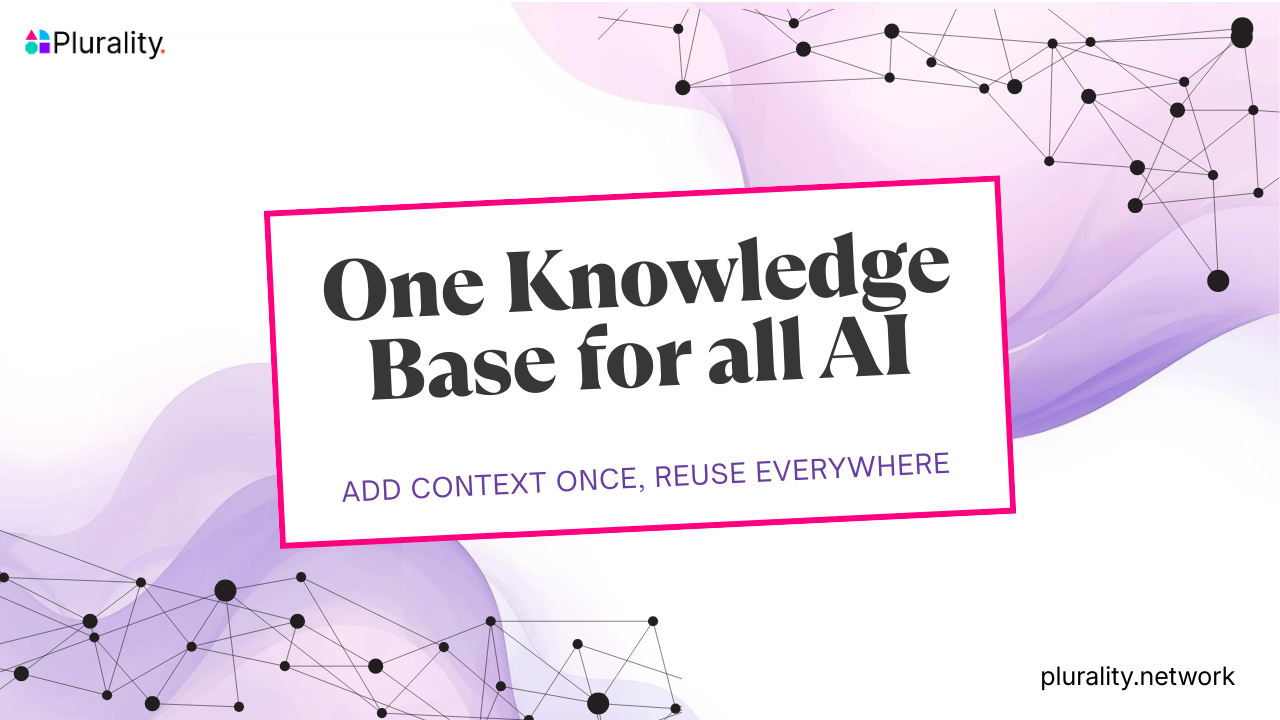New paradigm of dApps enabled by SSI
By Hira • October 14, 2024

This is the part 3 in a 3-part series. You can find the part 1 here and part 2 here.

In the previous parts of this series, we talked about the concepts of Self-Sovereign Identity, how it differs from traditional KYC methods, and the benefits of using SSI concepts in blockchain for identification.
In this part, we would talk about the plethora of use cases that would open in the blockchain space if SSI based KYC processes come to the public blockchain world.
Currently, there is a huge gap in how we use centralized web2 in our daily lives with the decentralized web3.
In web2, you can:
- Use search engines to search information.
- Use online banking to interact with your bank account
- Use learning portals to acquire new skills
- Use social media to stay connected with the world
- Use job portals to get jobs anywhere in the world
- Use food delivery apps to get food at your doorstep
- Use online fashion retail stores to order your dresses
And so on…
On the other hand, in web3, you can:
- Buy crypto assets in a speculative market
- Swap & lend crypto assets
That’s just about it! In the current scenario, the maximum web3 can offer is replace your financial interactions in the web2 world.
Web3 is no more than a bank account, for now.
If you think about a true decentralized society, web3 has a lot of catching up to do. One of the critical reasons that web3 cannot currently offer the web2 functionalities in a decentralized manner is because there is no decentralized way to identify people in web3.
You can do a centralized KYC on exchanges but natively there is pseudonymity in the blockchain. You cannot tell which address is which person simply by looking at the blockchain.
Pseudonymity is one of the most important and ground-breaking features of blockchain. However, it is a double-edged sword. While it offers a border-less anonymous way to transfer assets, it is also the reason why so much of the activity on blockchain is under stringent compliance regulations.
With the current legal systems in place, pseudonymity is hindering web3 to reach its potential of a decentralized society.
But does that mean we should let go of the ideals of decentralization just to be compliant? Of course not.
One way how web3 can replicate and even exceed the offerings of web2 while remaining compliant is to provide a native way to provide user-centric, privacy-preserving, decentralized KYC solutions.
Such a solution should not in any way replicate the same problems of centralization that web2 KYC solutions have. It should be decentralized, and the user should decide when, to whom and how much information should be revealed.
Therefore, an SSI based web3 native KYC solution can push web3 into the next generation where it can replace web2 completely and provide a better alternative for a decentralized society.
While a solution like this could open the possibility of a plethora of new innovative applications, it could also improve existing applications.
Existing solutions that can be improved using Self Sovereign KYC
- Decentralized exchanges could use decentralized KYC instead of centralized KYC, saving both cost and the ideals of decentralization
- Verification on social media could be made privacy-preserving platforms e.g., Twitter’s blue tick
- Airdrops could become fairer by connecting them to real life identity of person so that the same person cannot get airdrop more than once
- Decentralized Autonomous Organizations (DAOs) could be made more decentralized by ensuring the uniqueness of the real-life identity of addresses involved in a DAO
- Web3 grants could be distributed more fairly by connecting them to the real-life identity of the grant accepters
- Decentralized tele-health could be created where patients could disclose medical records to the medical personnel using selective disclosure
- Decentralized elections where people could vote by showing that they possess a valid identity card
etc.
New solutions that can be created using Self Sovereign KYC
- Inheritance solutions where the crypto assets of a person can be legally moved to the next of kin after death, upholding the local state laws
- Decentralized social media connected to the on-chain wallets of the user and identity information revealed only as much as wanted by the user
- Decentralized job marketplaces where people could reveal credentials to the prospective employers and get jobs
- Decentralized mortgages where people could use real life assets as collateral to get loans, the same way they do today using banks
- Decentralized marketplaces where people could buy and sell items peer to peer, demanding the other person to verify themselves before a trade if and how they require
- Decentralized dating apps where it’s up to the people when and how they want to identity the person they are contacting
And the list goes on…
To cut the long story short, a native identification solution for web3 adhering to the principles of self-sovereign identity would not only improve the current identification solutions in web3 but would also pave the way for a new generation of innovative solutions in web3.



